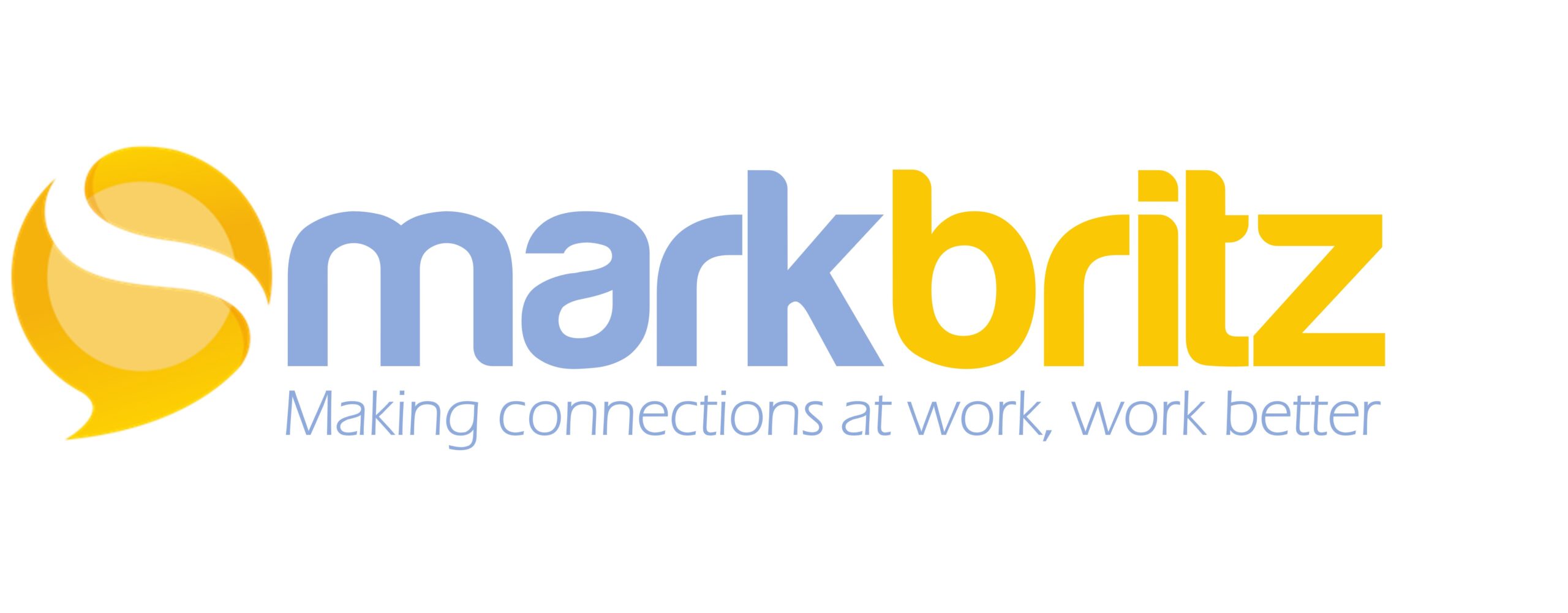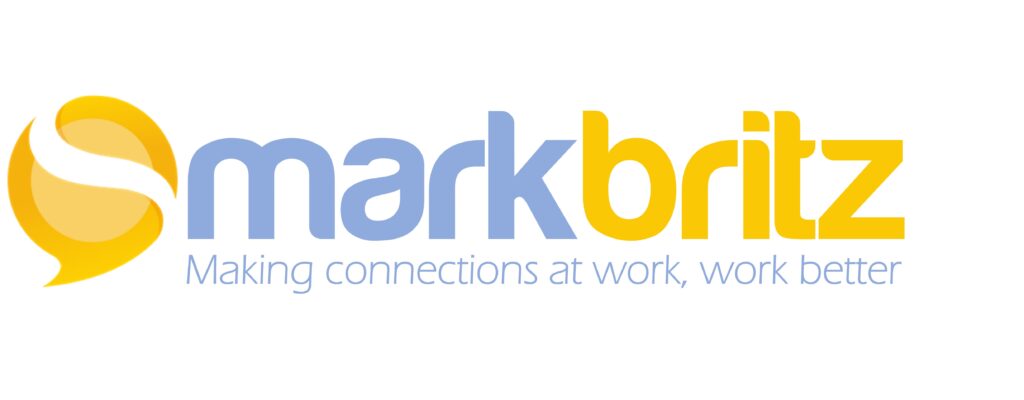The Dark Ages (of Europe) were a period marred by fear and chaos forcing people to retreat into small fiefdoms for protection and security which resulted in little to no contact with each other or the larger global civilizations. Consequently it was a time where information was in short supply and decisions were made based on tradition, instinct and superstition.
Today however we have the opposite, a deluge of information is literally at our fingertips. But much of it opinion, fake news riddled with what’s been called post-truth. The problem however has never been the amount or type of information, rather it’s the skills to manage it all that are not well honed; skills like critical thinking, sense-making, and building dynamic trusted networks. As a result people struggle to make decisions, afraid that what they have is not a complete picture, the whole truth or the truth at all. Conversation in larger social spaces appears on the decline as fear of bullying or looking uniformed creates passivity over engagement.
Form follows function as indicated by our technology adoption. Larger social platforms are being abandon as people turn to huddle in their modern fiefdoms of chat platforms and apps; smaller, trusted spaces cut off from the outside. I can’t blame them, it’s safe, reassuring, and comfortable, but there is risk. These insular spaces retard growth as the DNA of thought is weakened by their homogeneity.
The end of the Dark Ages came about in great part to the expansion of trade resulting in different cultures engaging in the marketplace. Only through this diffusion of ideas did people learn new methods, tools, gain new perspectives and grow. Similar to this rebirth of medieval trade – improved, expanded social connection cannot be forced by authority. People will be pulled to exchange for their own benefit but only when their fear subsides, and for that it will take time, understanding, technological intervention, and of course courage.

